TikTok Shop Raises Seller Fees Across Europe as Platform Pushes for ‘Content-Driven Commerce’ Expansion
Reading Time: 3 minutesTikTok Shop is raising its sales commission for merchants across five active…
As the new technologies are taking some fantastic shapes, the mobile world is becoming improbably fascinating.
There are certain standards, based on which you can establish your own path to choose the right app that fits your criteria.
You can make a choice depending on the following components related to the business:
Native App
Here comes an absolute solution for you to choose a best Native App for your business to increase your sales and that is MageNative App.
There are some pros and cons of the Native App listed here in the table below:
Pros |
Cons |
| Best performance and user experience | High development costs |
| Works offline | Requires good development experience |
| Visibility in app stores | Longer production cycle |
| Complete access to device features | Complex maintenance. |
Web App
A web app is actually an interactive website that looks like an app, but are not real applications. It is built upon using HTML5, CSS3, JavaScript, and so on. There is no need to install a web app. The web apps have limited features and require an internet connection to work on.
Pros |
Cons |
| Largest reach | Performance and experience weaker than native |
| Lower development costs | Do not have access to the native functionalities |
| Easy maintenance and upgradation | Do not work offline |
Hybrid App
A hybrid app is a combination of both the native and the web apps. It uses the native technology and also adopts the web technology.
Pros |
Cons |
| Build once, deploy multiple times | Performance and experience weaker than native |
| Lower development costs | Apps require tweaking for each platform |
| Visibility in app stores | |
| Access to all device features | |
| Easy maintenance and upgradation |
Conclusion
Native applications utilize the native language of the device, the web applications utilize the devices browser to display the application and the hybrid applications use a mixture of these two approaches.
To get a clear picture and understanding between the native, the hybrid, and the web apps, refer to the following table:
Native Applications |
Web Applications |
Hybrid Applications |
|
| Access Native language | Yes | No | Yes |
| Accepted in App Stores | Yes | No | Yes |
| Run on Multiple Platforms | No | Yes | Yes |
| Work Offline | Yes | No | Yes |
About MageNative
Established in 2015, MageNative has been heavily involved with customized m-Commerce developments. The company offers a slew of solutions and has a vast, global client base.
Magenative also deals with Magento mobile app, Magento 2 mobile app, Shopify mobile app, WooCommerce mobile app and Delivery App which allows the store owners to create and deploy native mobile applications for Android and iOS smartphones. The company is also working on mobile solutions for more eCommerce platforms namely Opencart, Prestashop, etc.

Reading Time: 3 minutesTikTok Shop is raising its sales commission for merchants across five active…

Reading Time: 11 minutesBy now you have seen your BFCM 2025 numbers. The harder question…

Reading Time: 3 minutesAbout the Brand Name: Vanity Slabs Inc Industry: Trading Slabs- Vanity Slabs…
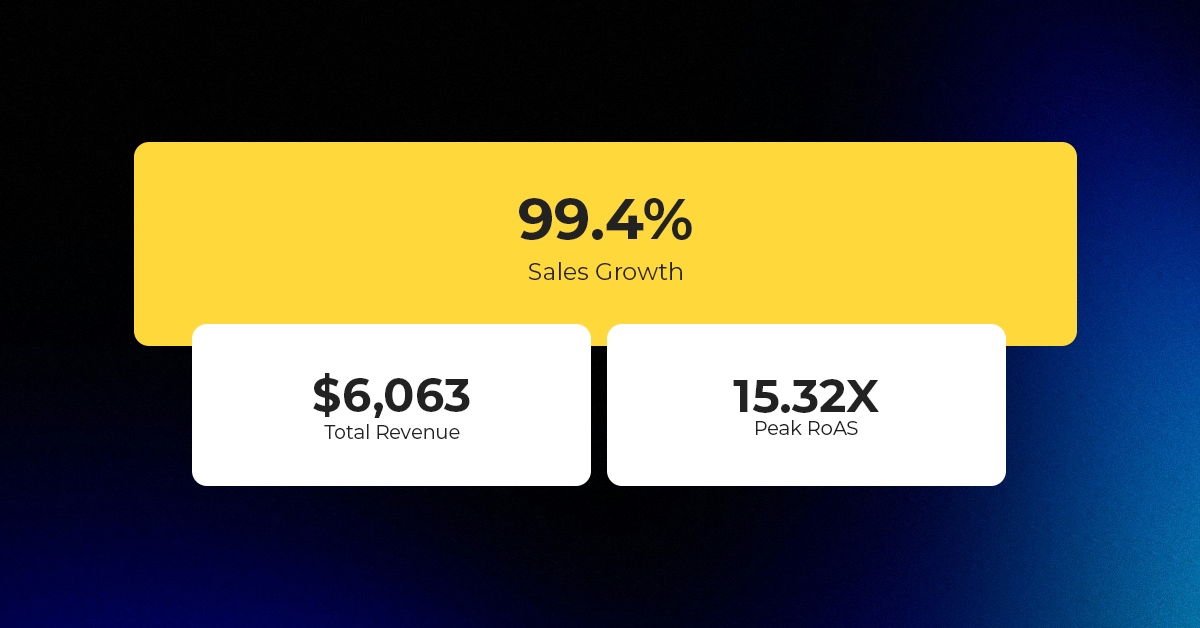
Reading Time: 2 minutesAbout the Brand Name: Ramjet.com Industry: Automotive Parts & Accessories Location: United…

Reading Time: 2 minutesAmazon is rolling out strategic referral fee reductions across five major European…
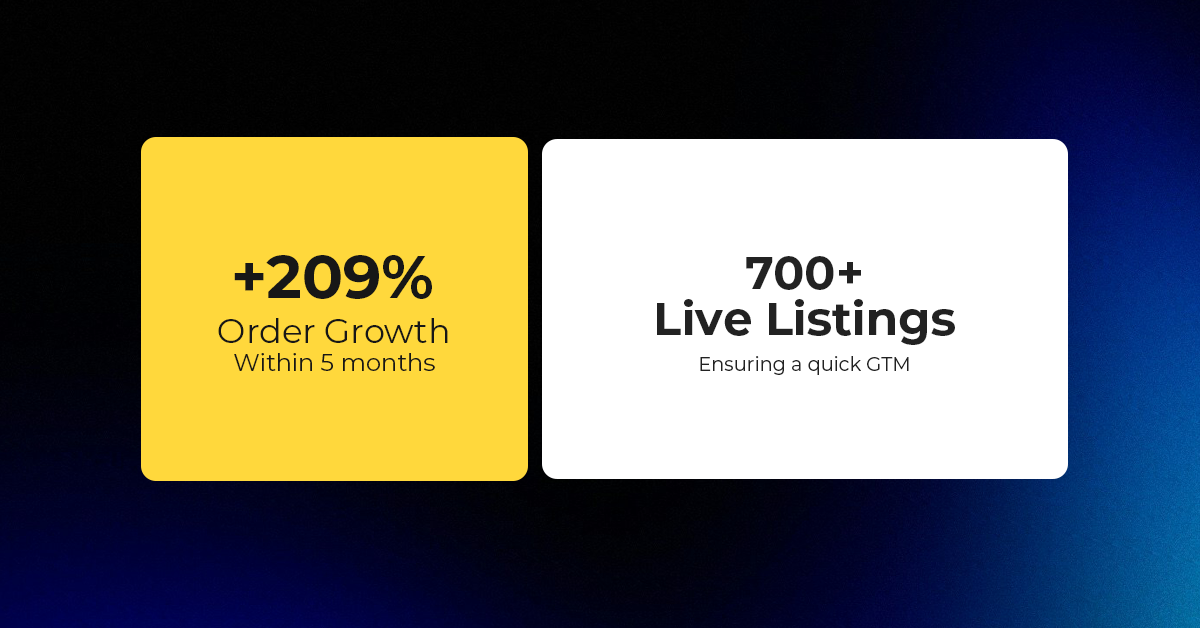
Reading Time: 4 minutesQuick Summary: Scaling Lifestyle Powersports on eBay with CedCommerce Challenge: Zero marketplace…

Reading Time: 4 minutesTikTok has surpassed 460 million users across Southeast Asia, reinforcing its position…

Reading Time: 3 minuteseBay has released its final seller news update for 2025, with a…

Reading Time: 3 minutesAmazon has clarified its stance regarding speculation around a potential breakup between…
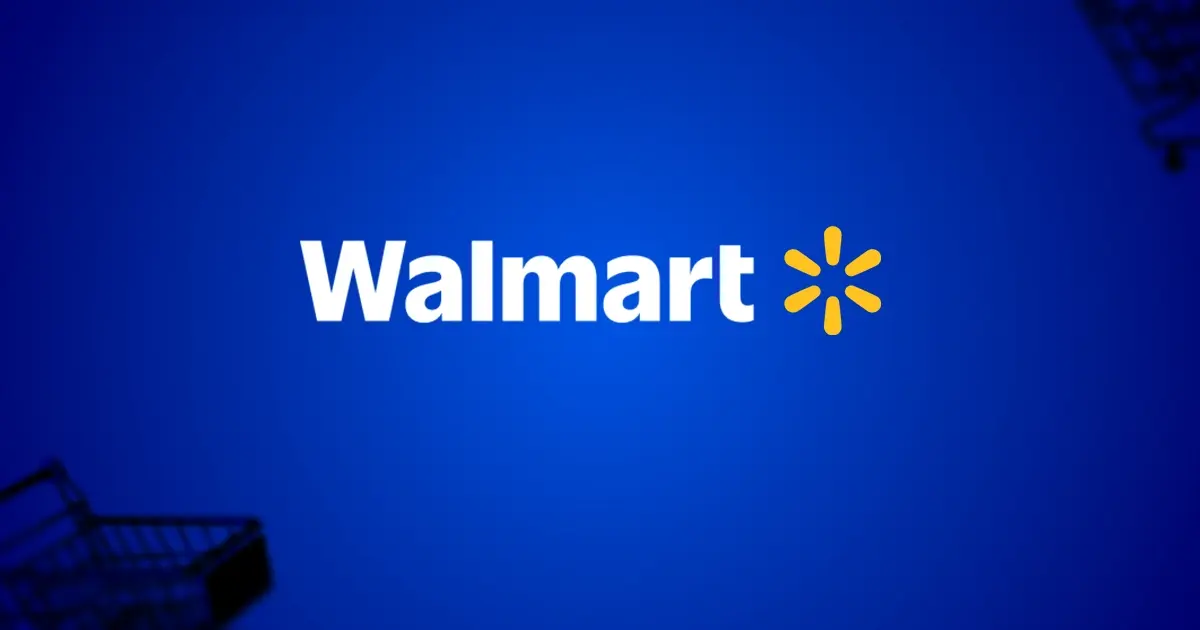
Reading Time: 4 minutesWalmart is accelerating its push into next-generation fulfillment by expanding its drone…

Reading Time: 4 minutesFaire, the fast-growing wholesale marketplace connecting independent retailers with emerging brands, has…

Reading Time: 4 minutesB2B buying in the United States is undergoing a fundamental behavioral shift…
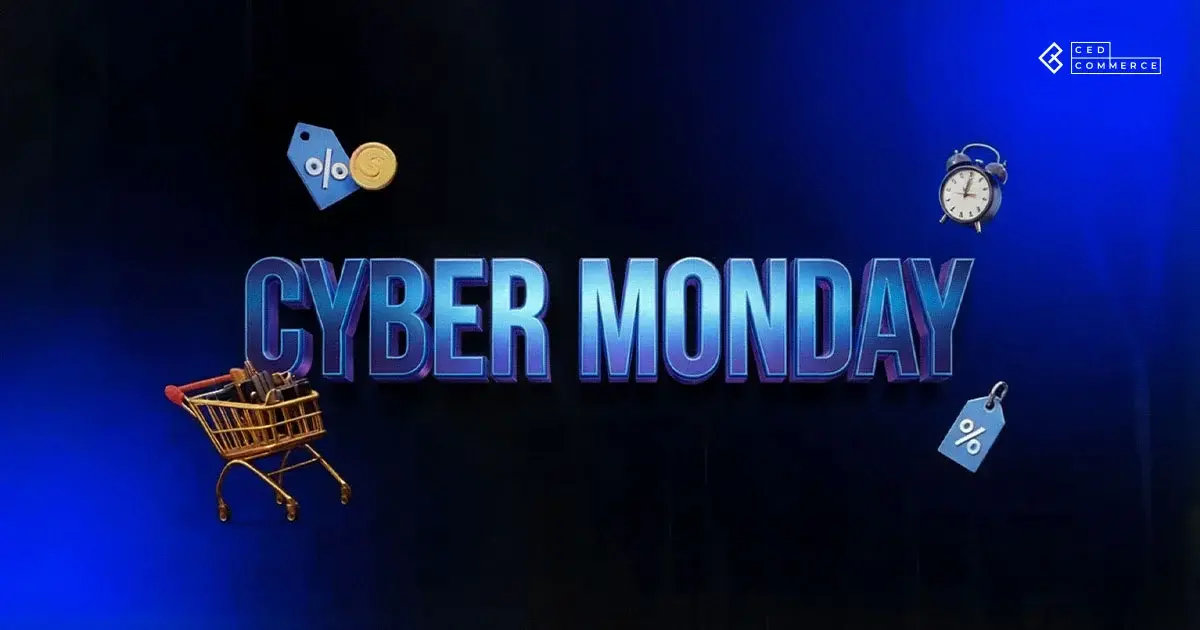
Reading Time: 3 minutesSummary Cyber Monday 2025 has officially become the largest online shopping day…

Reading Time: 2 minutesSummary Amazon kicked off December with two major developments shaping the future…

Reading Time: 2 minutesSummary Walmart has entered December with two major moves that signal a…

Reading Time: 2 minutesBlack Friday 2025 delivered the strongest U.S. eCommerce performance in history, as…
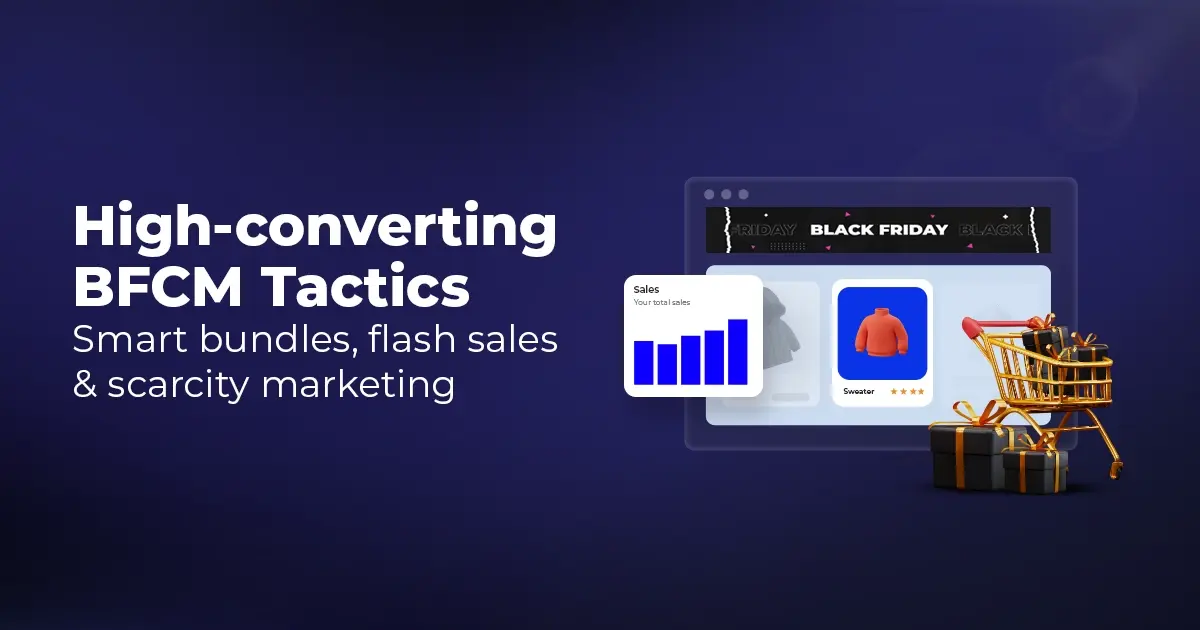
Reading Time: 13 minutesStill approaching BFCM with generic discounts, last-minute price cuts, or scattered promotions?…

Reading Time: 3 minutesTikTok Shop reached a major milestone during its largest U.S. “Global Black…

Reading Time: 3 minutesOpenAI has announced a new AI-powered shopping research tool designed to help…

Reading Time: 9 minutesIf your TikTok Shop listings often sit in review or your visibility…
I have to say thank you to the author for publishing this blog because this comparison is best for those who are new in the tech field they can easily understand. One of my friends suggested that I hire a developer from Moon Technolabs for better and professional application development.
Hi Alicia,
I am glad you found the article awesome. Your thoughts encourages us to come up with more similar posts.
Please let us know what would you like to know about next.
Have a great day!
Leave a Reply